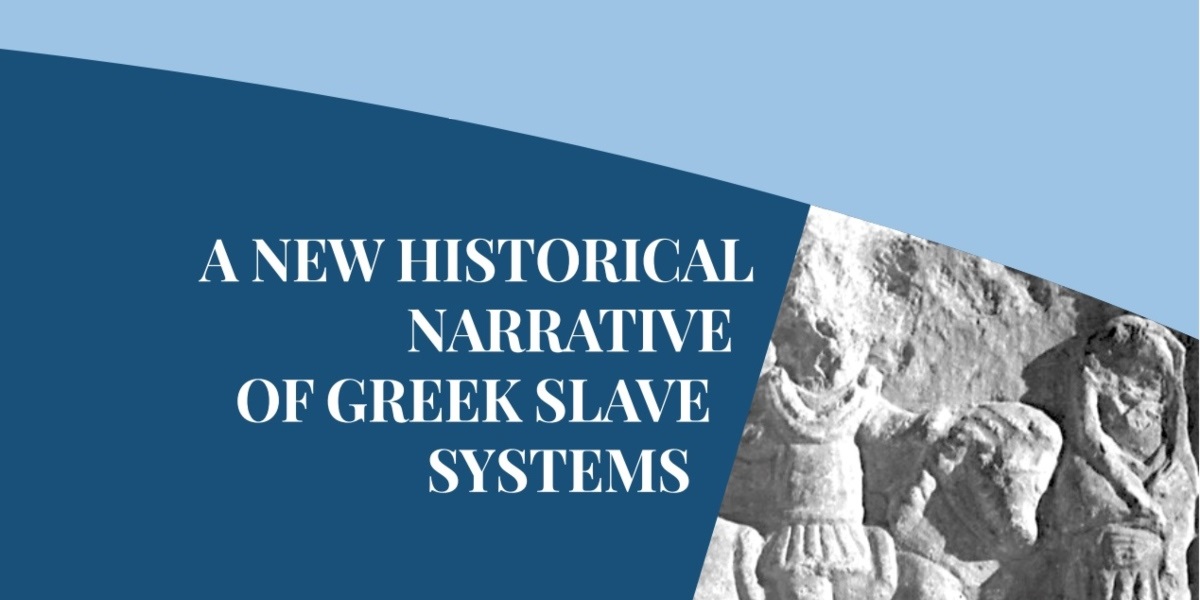
A new historical narrative of Greek slave systems
The history of Greek slavery has been usually approached in a static and myopic way. After the supposed emergence of slave societies in archaic Greece, it is usually assumed that nothing significant changed until late antiquity. At the same time, Greek slavery is usually tantamount to slavery in classical Athens; as a result, the slave systems of the Eastern Mediterranean in the Hellenistic and Imperial periods remain little studied and generally unknown. This lecture aims to present a new framework for the study of Greek slave systems that incorporates both spatial diversity across the Greek-speaking Eastern Mediterranean and temporal change from the archaic to the Roman Imperial period.
Speaker | Kostas Vlassopoulos (University of Crete)
Discussant | Mirko Canevaro (University of Edinburgh)
Research Cycle | Slavery, ethnicity and race in the Mediterranean. Ideas and attitudes from Homer to Columbus
Director of Studies | Nino Luraghi (University of Oxford)
In-person THP Seminar will be in Palazzo d’Azeglio (via Principe Amedeo 34, Torino)



